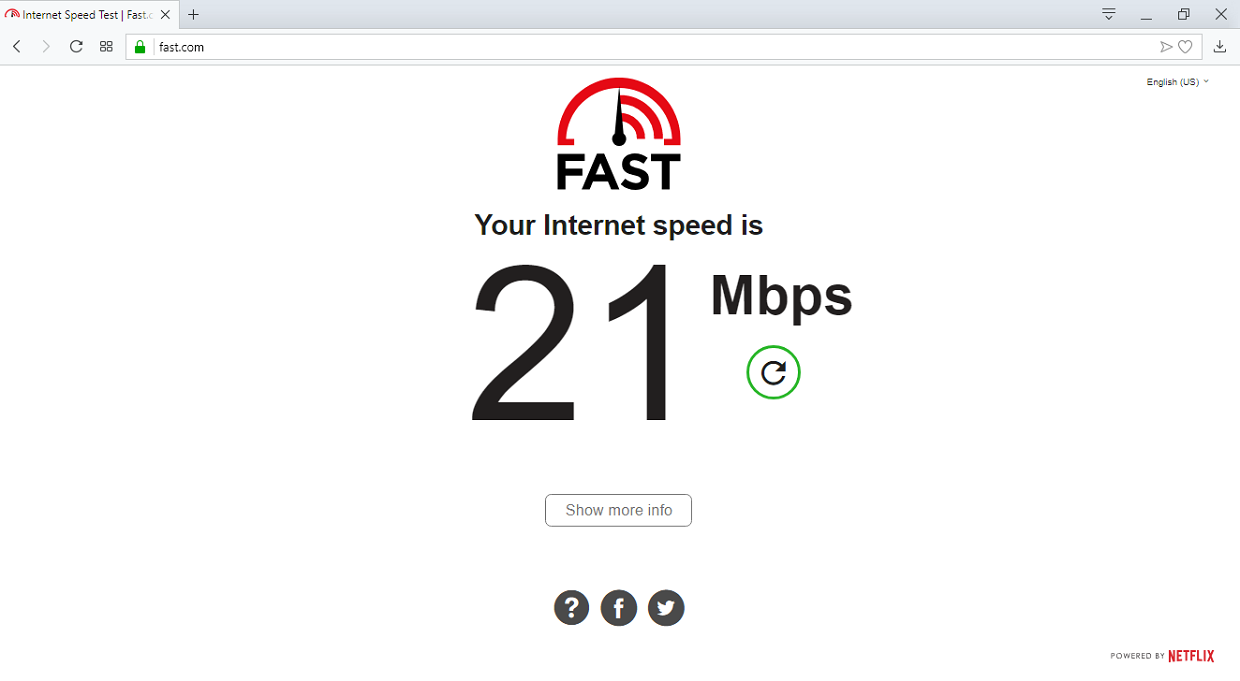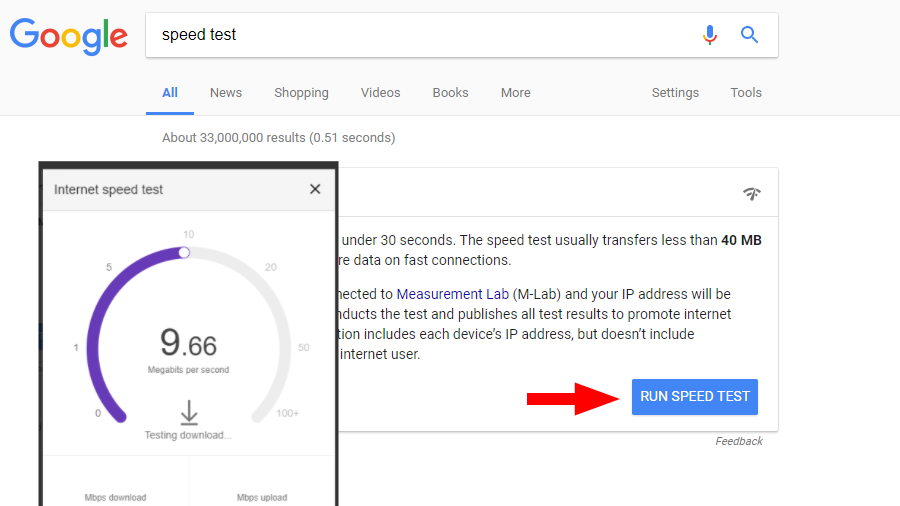

Run a test at the beginning of the month and run further tests regularly, especially at the end of the month. You can monitor Internet speed variations over time by using the SpeedTest website. You then probably have typical, fast speeds at the beginning of the next billing period. For example, if your ISP is slowing your Internet speed down, it’s probably slowing it down towards the end of the month after you’ve used a large amount of data. To test whether your ISP is slowing down your Internet connection over time, you’ll have to measure your Internet connection speed over time. Even ISPs that offer “unlimited” connections may throttle you after you hit a certain, usually large, threshold.

Is your ISP slowing down your connection because you’ve used too much data? Some ISPs have been known to do this as a way of enforcing their bandwidth caps. However, this tool was shut down in 2017. The Glasnost project once provided web-based tests that could identify whether different types of traffic are being rate-limited (slowed down). If you don’t want Neubot to run, you can uninstall it from the Control Panel just like any other program. This tool runs in the background and runs tests automatically, so you can leave it installed and check in now and again to see how the results fluctuate over time. However, if BitTorrent speed is extremely low compared to HTTP (speedtest) speeds, there’s a good chance your ISP is throttling your BitTorrent traffic. In the screenshots here, the speeds are actually very similar and we don’t see any throttling. Just seeing a difference between the two speeds doesn’t mean much, especially if you’ve only ran a single test for each. As the Neubot interface says, “ test is quite different from the speedtest one, so there are cases where the comparison between the two is not feasible”. Compare the speeds shown on the two different pages. Then, select “bittorrent” from the Test box and select “Go!” to see your BitTorrent test results.


 0 kommentar(er)
0 kommentar(er)
